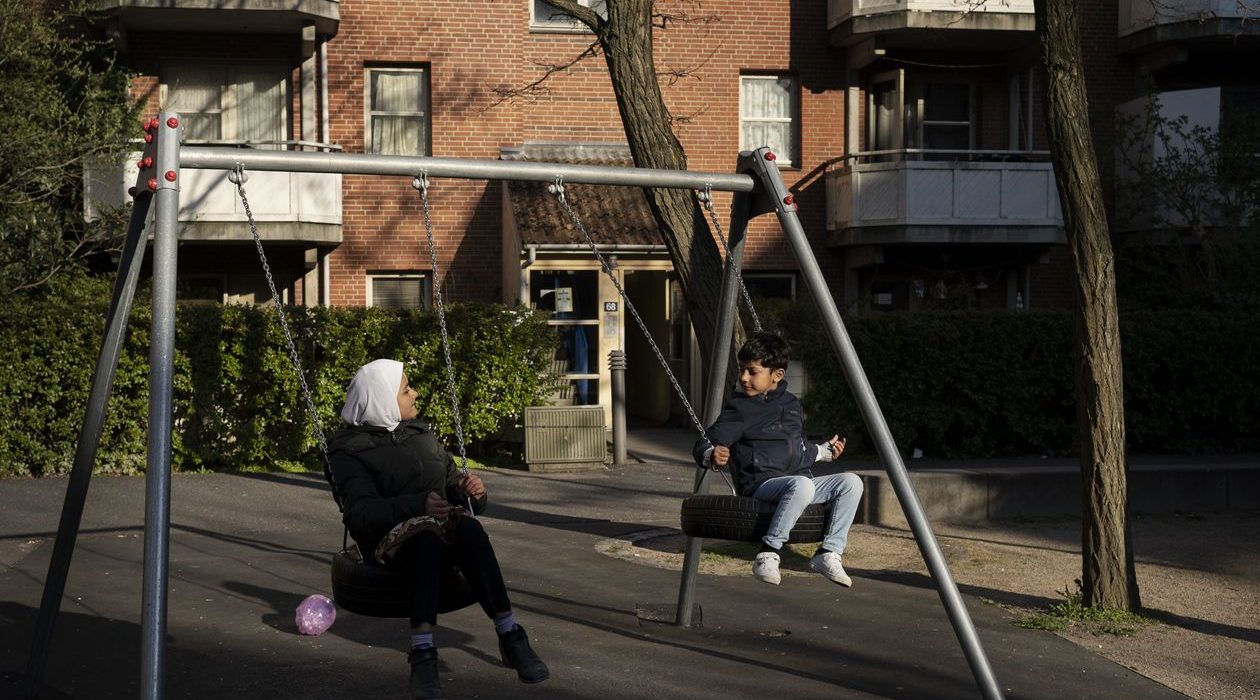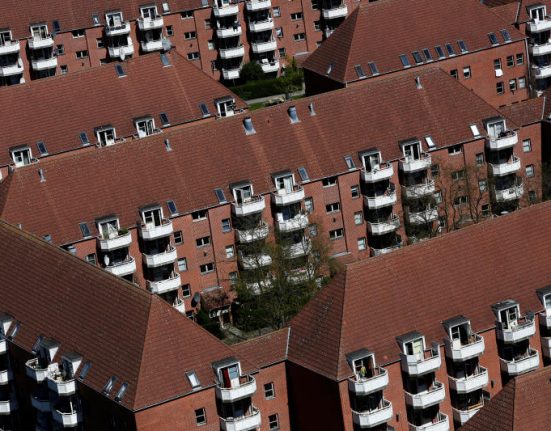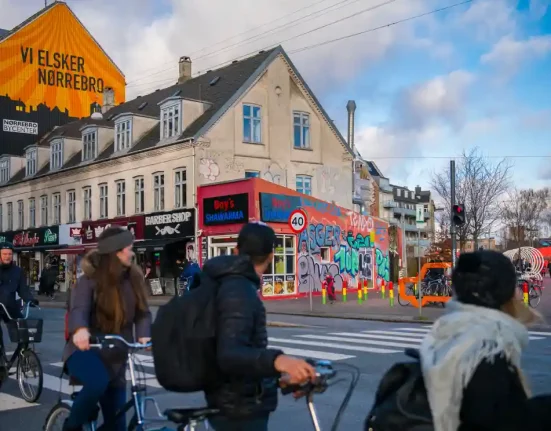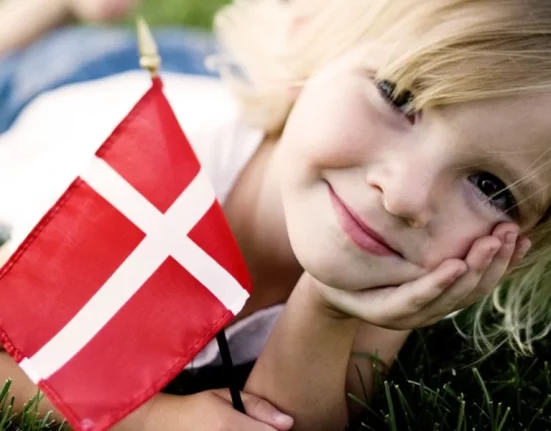Denmark plans to strengthen policies aimed at minimizing the presence of “non-Western” inhabitants in low-income areas—a strategy that has sparked litigation and xenophobic charges.
A public housing complex in a Copenhagen district with a significant immigrant population and second-generation Danes houses many individuals.
The Danish government now wants to remove them from their flats as part of an aggressive strategy to reduce the concentration of “non-Western” people in some poor regions, mainly via the sale or conversion of public housing.
The policy has sparked debate at home and abroad, with charges of racism and prejudice levelled against it. However, among the strongest in Europe, Denmark’s anti-immigration measures enjoy widespread support.
The government is currently attempting to strengthen the existing regulation by limiting the proportion of “non-Western” people in each area to no and over 30%.
Authorities started classifying some districts as “ghettos” a generation later if they matched two of five components: high murder rates, rising unemployment, and poor education levels.
.
A playspace at the Mjoelnerparken housing complex, where a dozen inhabitants struggle financially due to a disputed Danish law.
However, starting 2018, one of the requirements for an area to be designated as “non-Western” is that specific than 50% of people be “non-Western”—a contentious term that generally refers to non-European and non-white ethnic minorities.
Communities that fulfil the ethnic requirements but don’t match the poverty or violence criterion aren’t categorized as “ghettos.” After four years of being categorized as “ghettos,” these neighbourhoods become “hard ghettos.”
The Danish parliament proposed a strategy in 2018 to remove all “ghettos” by 2030, requiring “hard ghettos” to lower the ratio of public housing in certain areas to less than 40%.
Authorities may destroy or sell public housing to commercial purchasers under this scheme. They may also convert public housing to student or elder housing and construct new housing. Consequently, eviction notices have already been issued to a few of these people.
Danish legislators are now debating the possible extension of the legislation brought to the government in the fall.
Housing and human rights organizations estimate that up to 10,000 people would be evicted due to the initial proposal.
The present legislation also empowers police to double the punishment for certain crimes perpetrated by residents of particular neighbourhoods and penalizes parents who do not enrol their children in childcare by withholding vast sums of money from their social security checks.
Left-wing organizations have criticized Denmark’s major political parties for taking a more restrictive attitude on immigration in the last decade.
Anti Eviction Banners
According to the housing ministry, the goal is to establish mixed residential communities that represent society as a whole. According to a recent survey, the number of Danes worried over immigration is at its top level in 30 years.
Besides the United States, Canada, and a few other nations having white majority populations, the Danish government has classed as “non-Western” persons with roots beyond the EU. People born in Denmark and converted Danish nationals are eligible for the classification.








